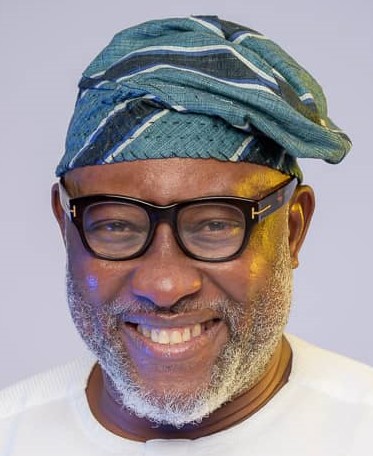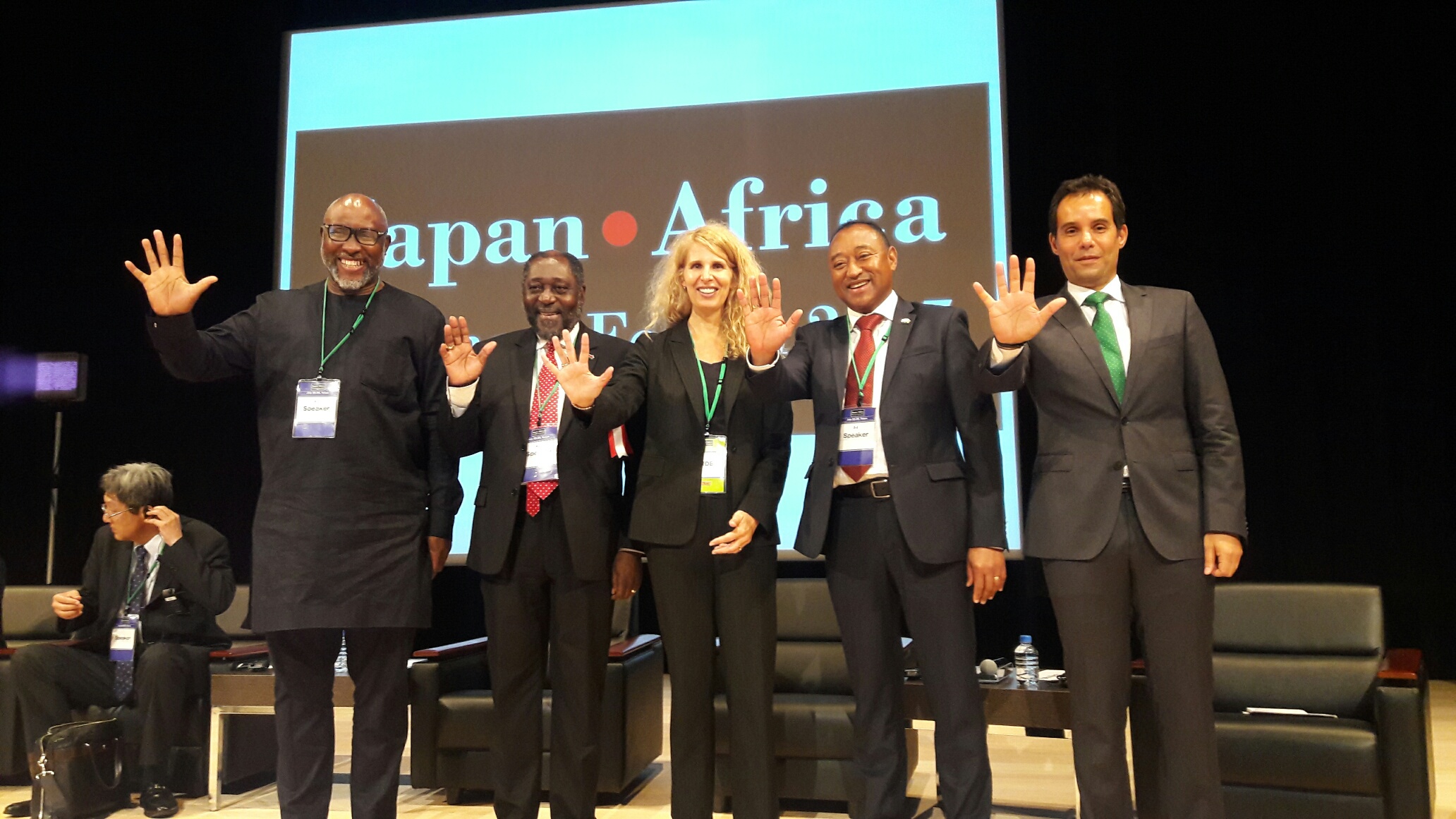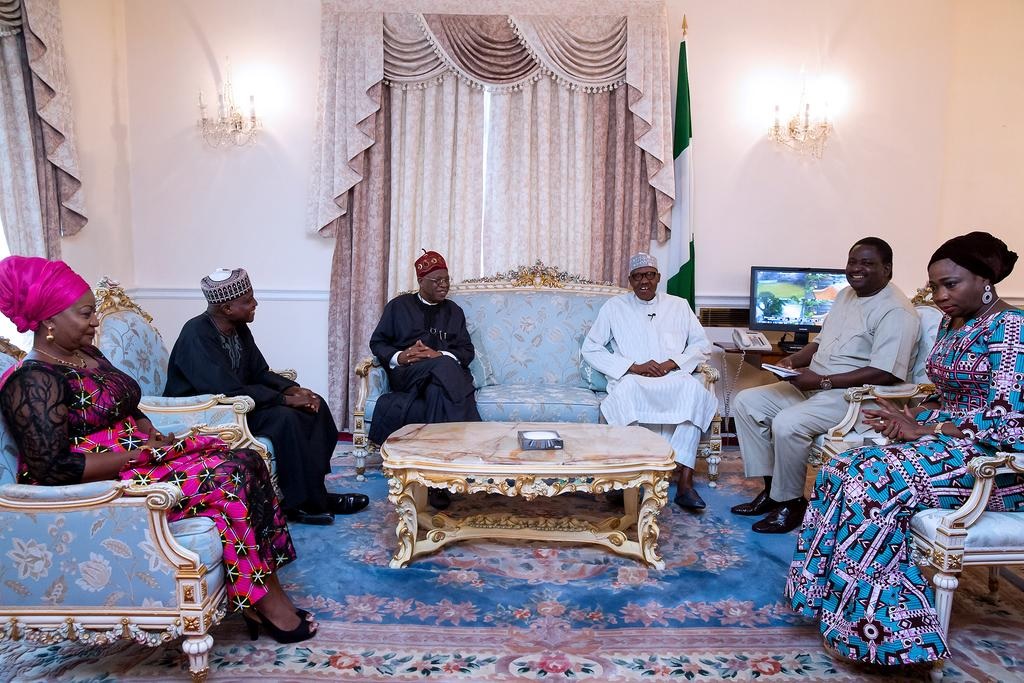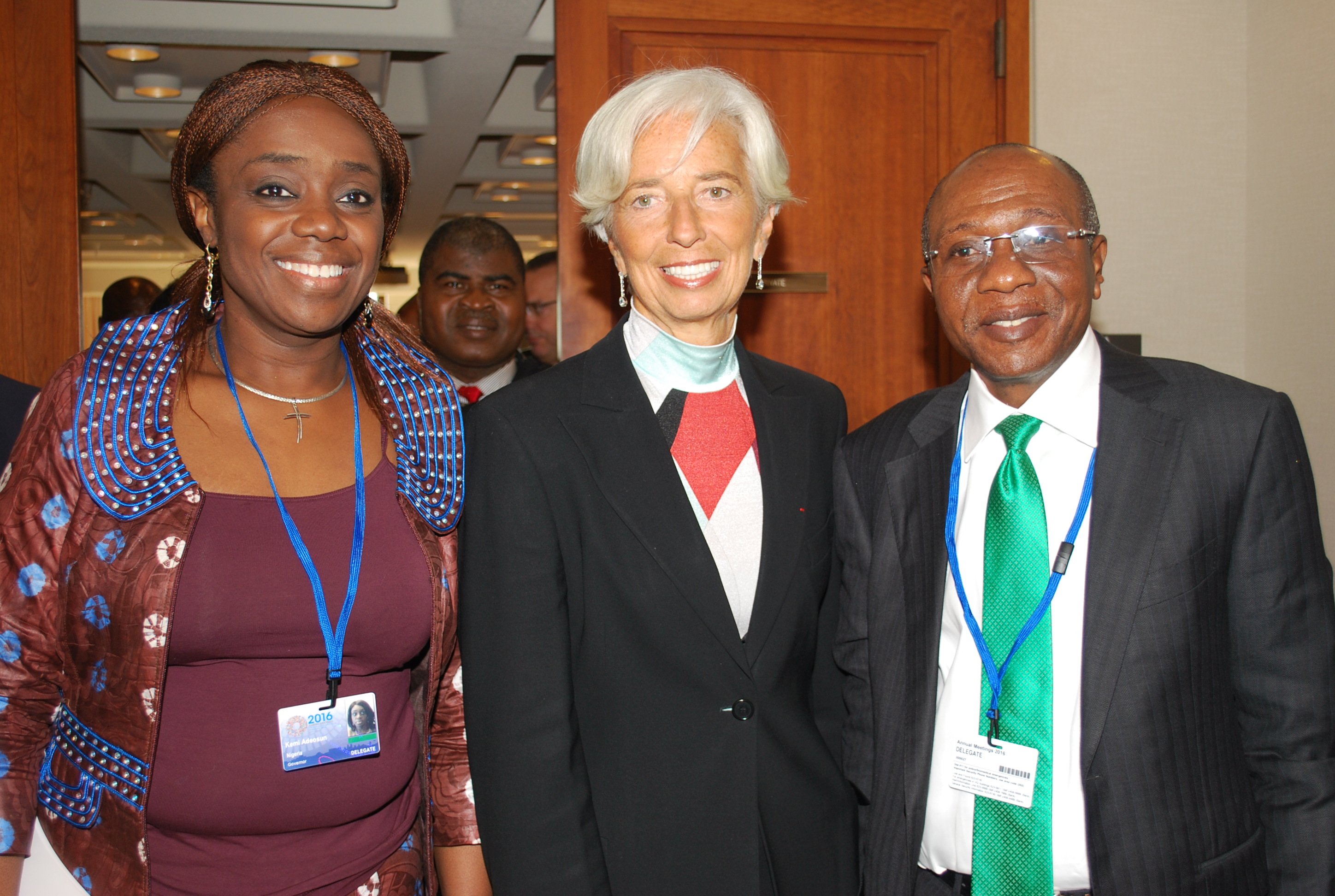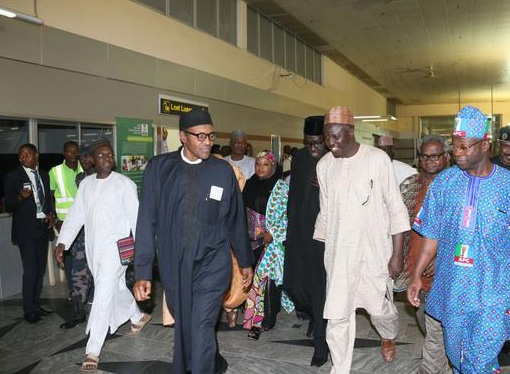It is not very often you are called upon to be part of a conversation that involves a behemoth and a global giant (not in size as per land mass or population) but with credibility built over the decades, I’m writing this piece aboard an African bird with a Livery that is authentically African and that is Ethiopian Air which like its maxim says is the New Spirit Of Africa. I’m quite enamored of them and will crave your indulgence to shower on them a few unsolicited encomiums.
I’m extremely proud of the airline which by the way is the flag carrier of Ethiopia and flies to 113 destinations with 92 aircraft and another 60 in order. It is currently the largest, the only government owned but privately run airline in Africa and boasts a profit to boot. It is worth mentioning, that it is the second oldest airline in Africa and started business 73 years ago. What is more remarkable is the way they connect to major hubs in the world through Addis Ababa. For a frequent flier and traveler like me, ability to connect is key to my work sojourn and this was given fillip by the opening of Kaduna their fifth gateway into Nigeria(Lagos, Abuja, Enugu, Kano)and I must buttress they put their best aircrafts forward-Dreamliner from Boeing. For one who was flying to the land of the rising sun for the first time and flying Ethiopia air only for the second time, it was value for money and time as it was the shortest to the Asia Pacific country 17 hours with transit time.In this era of comparative advantage and competitiveness, Ethiopia Air stands out.
I digress, as a panelist at the 2nd Japan/Africa Business forum in Tokyo, the theme INVESTMENT AND BUSINESS OPPORTUNITIES WITH AFRICA organized by African Development Bank in conjunction with the African Diplomatic Corps Heads of Mission in Japan, resonated with me. Why? I remember reading Indian born Vijay Mahajan’s AFRICA RISING where he confessed to seeing Africa initially as a charity case rather than a market opportunity. The former Dean of the Indian School of Business went further and I quote him copiously “I have sought to learn as much as I possibly could about the African market, what it offers, how it is structured and its potential. Others have looked at Africa through a political lens, some have engaged in economic analysis, some have examined its complex history, and others have looked at medical or social challenges’. A few have even started telling the stories of specific African businesses but my focus is on understanding the continent through the perspective of the consumer, what is the African market, what opportunities does it offer and how are companies recognizing the opportunities in Africa’s rising’’
This book was written in 2008 and the above could not be truer in Tokyo with our Japanese hosts,nine years after. The Japanese before now have always seen us from the prism of a Continent in need of AID rather than that in need of TRADE. The onus on us Panelist from across Africa in different spheres of endeavor was to change that narrative by telling them the opportunities that abound and the way to get in.
Advertisement
Speaking on the panel on Agriculture and Agri- business-Enhancing the Food Value Chain in Africa, I highlighted the need for the Japanese to seek ways in which they can improve trade with the continent particularly in the area of investments in factories that turn our primary products into semi or finished products and the need to see us as partners not mendicants.
The panel comprised of the Minister of Trade and Foreign affairs for Madagascar, the Malawian minister for Trade and Industry and the Managing Director of OCP(Moroccan Phosphate giants) and we all spoke in unison telling our audience; which comprised of the Japanese government and organized private sector.
We are a continent that represents the new frontier for bilateral trade and investment and we must not only be seen as such but treated as such.
Advertisement
From a geographical perspective, Japan is an Island in the Asia pacific and for a first timer like me; offered an array of experiences from the clean pristine streets, to the architectural masterpiece buoyed by technology to its culture and lifestyle. Suffice to say, it has a population of about 126million people sitting on a landmass a third of Nigeria at approximately 365,000Km². Not forgetting the culinary repertoire that Japan boasts of like sushi etal and of course for whiskey lovers of single malt, the SAKI. Longevity seems to be a birthright of oriental Japan with life expectancy of 83 years. Boasting of an ageing population…there is something about Japan and longevity…
The Aged in Japan enjoy wealth as they progress on the life Richter scale, a lot of them credit it to genes and diet which is of course part of their lifestyle. Foods are less oily and very vegan. I happened to have met 2 ladies one 84 and the other 85, school mates who worked at the Hiroshima center. They both are single with no kids and never married! Most Japanese are more familiar with the Maghreb/ North Africa and not sub-Saharan Africa; they view Africa as a continent rather than individual countries.
Students of history will recall that Japan colonized China and Korea during the Second World War and were truly the only imperial power at the time, hence their technological innovations. But as in everything in life; you have to open up. The Japanese were too insular and took time to open up. Unlike the USSR (Old Soviet Union), who embraced Glasnost and Perestroika (which signifies openness or change). On the other hand, South Korea also opened up by setting up‘Chaebols’like Samsung, Hyundai and LG. Furthermore, Ask Xerox of America who claimed they taught the world to copy and paradoxically the world has since moved on. Ask Kodak of Polaroid fame. Ask Finland’s Nokia – innovate or die.
Anyway, pardon my digression, in Japan, quality of life is very high as measured by the following parameters: minimum wage is $3,500 for a start (USD equivalent to the Yen), healthcare is free and they do not entertain medical tourism as their country is built for their citizens and not foreigners. The quality and technological innovation in Japan is second to none, with minimal pollution and very low crime rates. Prisons look like motels and technology takes the place of humans’ almost arobotic life.
Advertisement
The average Japanese family has a child and they have an ageing population where the young are not interested in relationships or marriages. They have the highest work ethic in the world to the point where the average Japanese wants to get it right the first time all the time. Else, they subject themselves to Harakiri which is loosely defined as a form of suicide as for them failure is not an option .
Coming back home, Nigeria can learn a lesson or two from the Japanese, particularly on the leadership front. In Japan, as I found out, the leaders already have a vision based on deep blue sky thinking and all the followership does is to execute and run with the plans. Conversely, in Nigeria it appears the leadership at the top echelon do not seem to have a plan hence the followership has nothing to execute as the followership now becomes both thinker and doer.
This brings me back to the fact that we as a nation must have a collective plan that feeds into individuals’ hopes and aspirations. So much to learn from the land of the rising sun… Arigato
Advertisement
Views expressed by contributors are strictly personal and not of TheCable.
